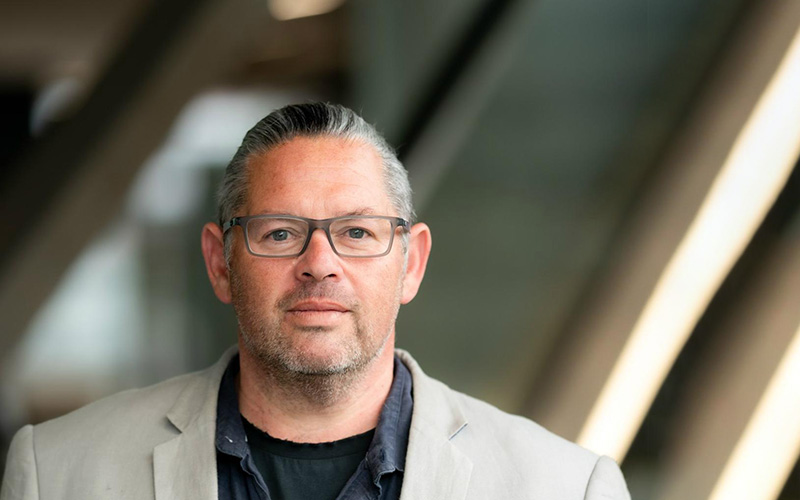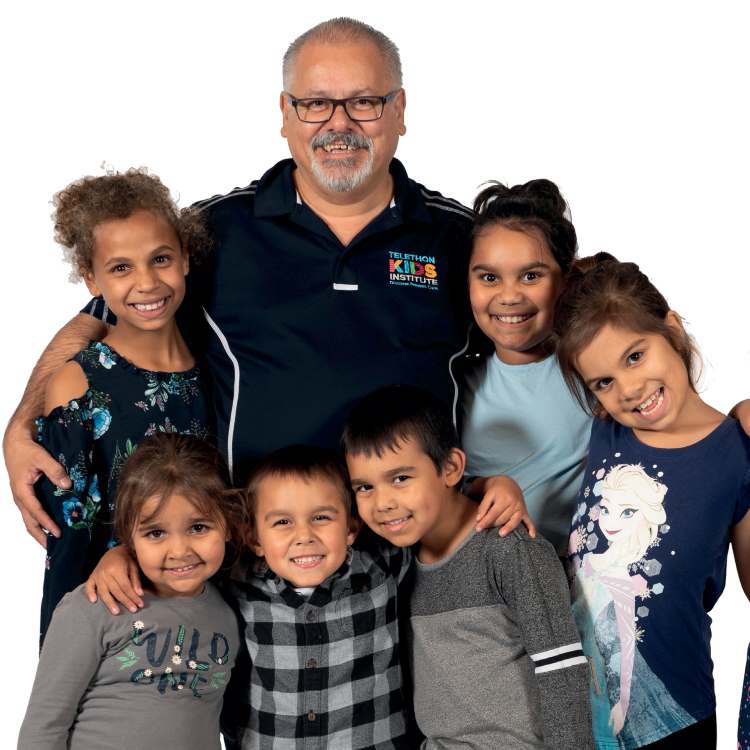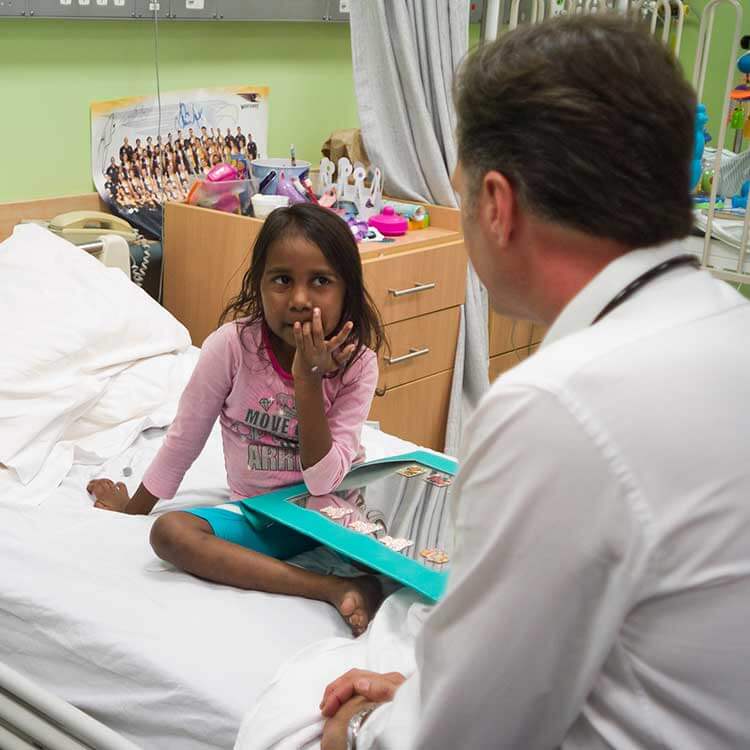Search

News & Events
Australia’s first Indigenous scientist appointed to CSIRO boardThe Kids Research Institute Australia and Australian National University Professor of Indigenous Genomics, Professor Alex Brown, has become the first Indigenous member of the Commonwealth Scientific and Industrial Research Organisation (CSIRO) Board.

News & Events
Elders lift their voices to bridge the gap for kidsLed by nine Elders, the Ngulluk Koolunga Ngulluk Koort Project is working to generate a better understanding of early childhood development from an Aboriginal/Nyoongar perspective.

News & Events
Bold bid to end rheumatic heart diseaseSome of the nation’s leading medical researchers will converge on Darwin this week to step out a plan to wipe out rheumatic heart disease.
Research
Bush Tucker and Vitamin DThis five-year project in Western Australia (WA) aims to promote vitamin D sufficiency among Aboriginal people by developing food-based dietary strategies to increase vitamin D intakes and by encouraging safe sun exposure.
Research
Identifying social pathways to enhanced life outcomes in Aboriginal and Torres Strait Islander childrenCarrington Shepherd PhD Honorary Research Associate Honorary Research Associate Areas of research expertise: Population health; Aboriginal and Torres
Research
Koolungar (Children) Moorditj (Strong) Healthy Skin Project Part II: Skin Health in Urban-Living Australian Aboriginal ChildrenAlthough essential for overall health and wellbeing, little is known about skin health in urban-living Australian Aboriginal children. This co-designed, research-service project aimed to describe skin health and document skin disease frequency in urban-living Aboriginal children and young people in Western Australia and investigate housing associations for skin infections.
Research
Climate change, activism, and supporting the mental health of children and young people: Perspectives from Western AustraliaThe climate crisis has detrimental impacts on the mental health and wellbeing of children and young people. Psychological effects include feelings of fear, overwhelm, worry, distress, hopelessness and anger; PTSD; depression; anxiety; phobias; panic disorder; sleep disturbances; attachment disorders; learning difficulties; substance abuse; shock and trauma symptoms; adjustment problems; behavioural problems; and, suicidal thinking.
Research
The Development and Implementation of a Culturally Safe Survey for Measuring Knowledge, Attitudes and Values around FASD and Alcohol Use During Pregnancy in a Remote Australian Aboriginal Community SettingGlenn Martyn Pearson Symons BA (Education) PhD Candidate B.A. (Hons) PhD. Director of First Nations Strategy and Leadership; Head, First Nations
Research
Start Stronger, Live Longer National Aboriginal Health Worker Symposium: Final ReportThe Rio Tinto Aboriginal Health Partnership marries Rio Tinto's commitment and dedication to community investment with research expertise of the Telethon Inst
Research
Awareness and impact of the ‘Bubblewrap’ advertising campaign among Aboriginal smokers in Western AustraliaAntismoking mass media campaigns have been shown to reduce smoking prevalence in the mainstream community.
